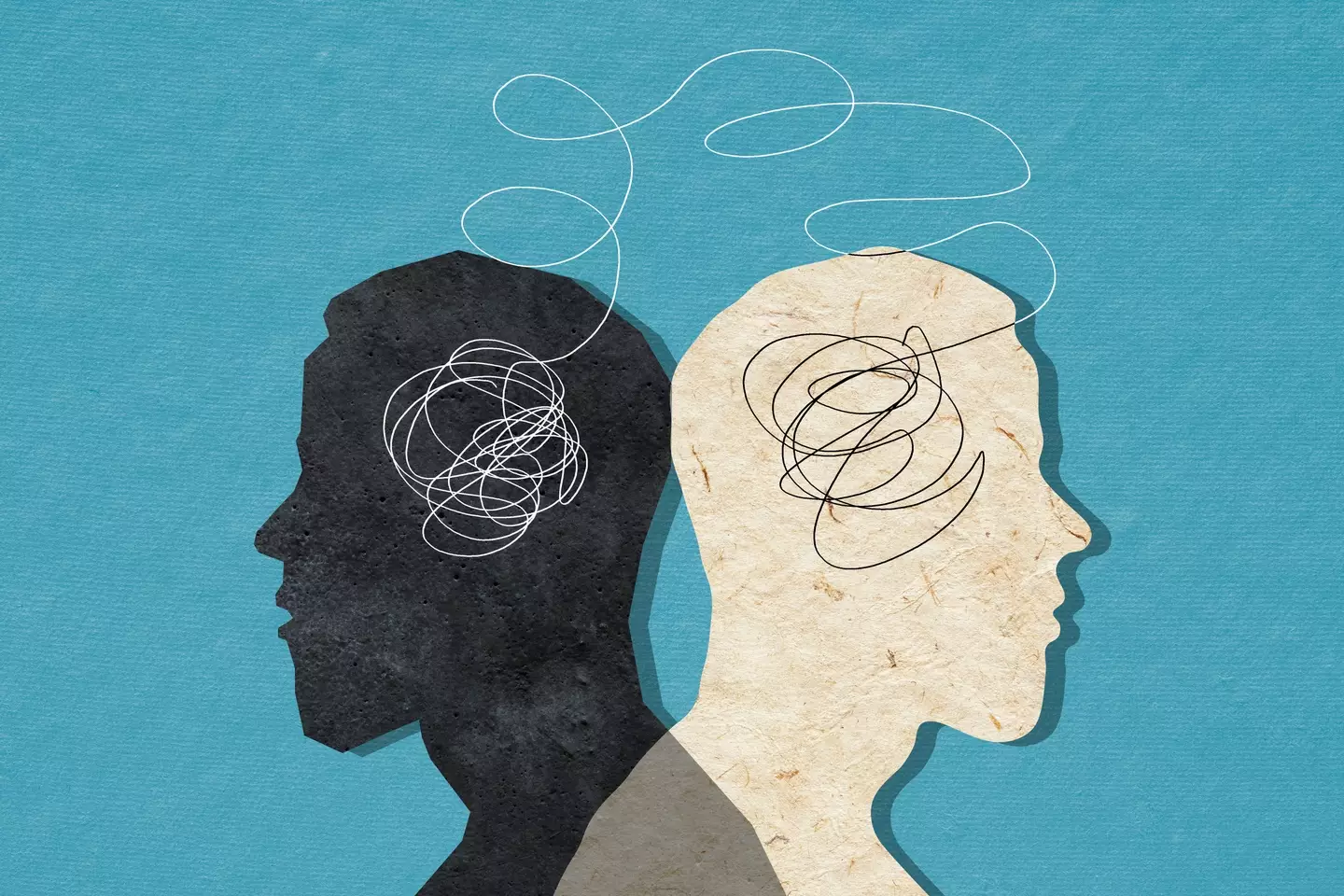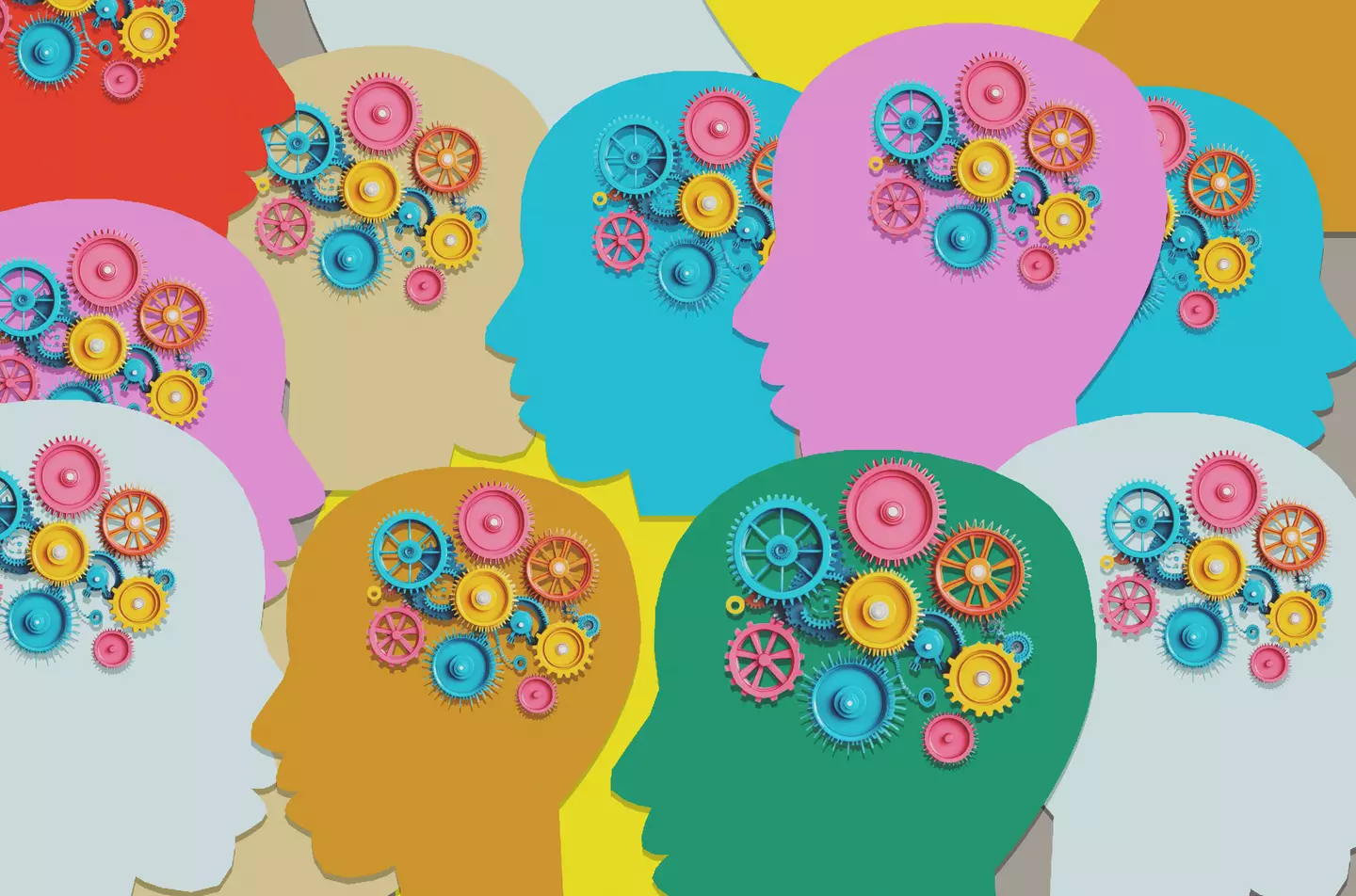
Autism has long-been considered a notoriously misunderstood condition, but in recent years, it is said to have been 'on the rise'.
Previously, autism spectrum disorder as a whole was considered something of a taboo subject, with healthcare professionals seemingly reluctant to issue diagnoses due to the wide plethora of possible 'symptoms'.
What is autism spectrum disorder?
Essentially, this intricate neurological disorder describes individuals who see the world somewhat differently to others.
According to the NHS, the most commonly recognised indicators of the condition affect speech and language, cognitive function and interpersonal skills, inflict overstimulation, spark avoidant or repetitive behaviour, and can trigger upset and anxiety.
Advert
That being said, however, autistic 'traits' have been known to vary from person to person, and research into other possible indicators of the condition is ongoing, having been infamously understudied in the past.

Now, leaders in the field are fighting for increased awareness of autism, so that support can be offered to diagnosed individuals, no matter the level of severity.
What causes autism?
Autism has no single, known cause. It's not an illness that people contract, or the result of a societal trend.
As we say, it is highly complex condition that children are either born with, or not.
The most common understanding is that a range of factors - biological, hormonal, genetic, and environmental - likely contribute the neurodevelopment differences between these individuals' brains, and that of 'neurotypical' people.
How is autism diagnosed?
Autism and other neurodivergent conditions, like ADHD, are present from childhood. However, due to the severity of symptoms across individuals, or in some cases, gender, some may be diagnosed later in life.
After an initial referral to an autism specialist, a person will undergo two assessments: one to determine whether a follow-up appointment is needed and another to receive a diagnosis.
If the specialist concludes an autism diagnosis, treatments and support will be tailored to the person's individual needs.
Why is autism 'on the rise'?
According to leading specialists Dr. Rebecca A. Shalev and Dr. Kritika Nayar, who spoke to the New York Post this week, autism diagnoses have been steadily on the increase since the 1990s.
Back then, on average 1 in 1,000 individuals were diagnosed with autism. The pair claim that the condition now affects 1 in just 31 people.
As we say, however, the condition isn't contagious - so, why the sudden surge?

Well, said 'rise' doesn't actually describe a rise in cases, but a rise in awareness.
As time goes on and research continues to grow in sophistication, the societal understanding of autism grows.
According to Dr. Shalev and Nayar, the criteria for diagnosing autism spectrum disorder has also grown to allow of co-existing conditions, like ADHD for example, with clinicians now more adapt at recognising signs from an early age.
Knowing there is study-aided support out there, people who've been diagnosed with the condition are growing in confidence to speak more freely about their experiences.
With this research, stigmas surrounding autism can also be broken down, encouraging more and more people to come forward with the condition.
Parents are becoming more clued up about the earliest signs of autism, and are able to seek advice earlier if they suspect it.
Funding has also been plied into studies of other learning/neurological conditions, so that the symptoms of each can be more clearly categorised, and patients can receive the appropriate support.
Topics: NHS, Health, Mental Health